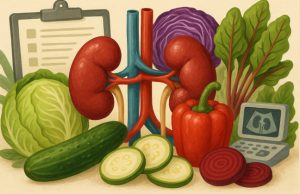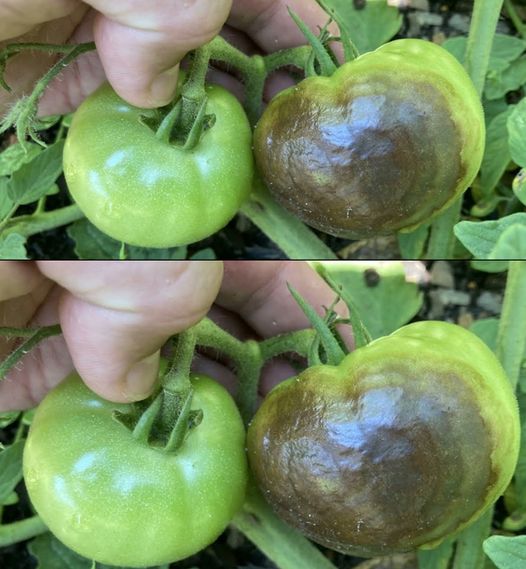
Have you ever wondered why tomatoes turn black at the top? The secret revealed. We simply assume that it is not due to a lack of water. Here’s the real reason.
You may have also witnessed the deterioration in the quality of a tomato. You may have seen that these vegetables often turn black at the top . Why does this phenomenon occur? It is not the fault of lack of or poor watering.
This is the best way to care for tomato plants
It’s impossible not to love tomatoes. Its strong but sweet taste is appreciated by the palates of foodies around the world. Italy is one of the countries that most produce, import and export abroad these delicious fruits, which are eaten mainly in summer.
If you have the opportunity to grow a tomato plant in a pot or in the garden , we recommend you do so: by following a few tips you will be able to enjoy this unsold and tasty vegetable garden product all summer long.
But how do you care for a tomato plant? There is some information you need to know. In order for it to grow well and bear a lot of fruit, you must:
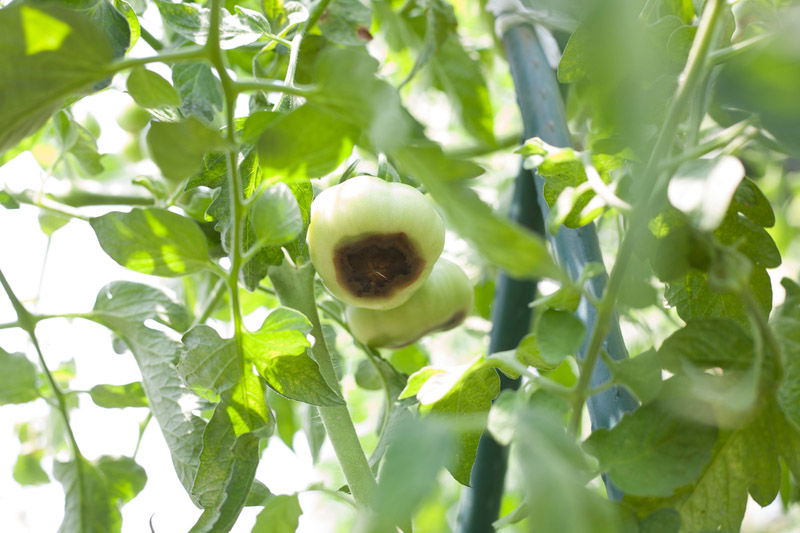
water the plant every other day;
bury it in moist and permeable soil so that the roots take root well;
Put it in a very bright place.
Prune it frequently by cutting off the buds that emerge beneath the leaves and stem.
Feed the soil with natural fertilizers if you notice that your plant is having difficulty growing.
You will know that your tomato plant is not growing properly not only when it only bears a few fruits, but especially when they start to turn black at the top . Why does this phenomenon occur? No, it’s not about the lack of water.
Why tomatoes turn black at the top
You will also have noticed that not all tomatoes are the same. Of course, there are different varieties that determine the shape, color and taste of the fruit.
However, there is certainly something that all tomatoes have in common, regardless of the variety: the black color that often appears at their top. What is this strange phenomenon? Why does it happen? We answer these questions.
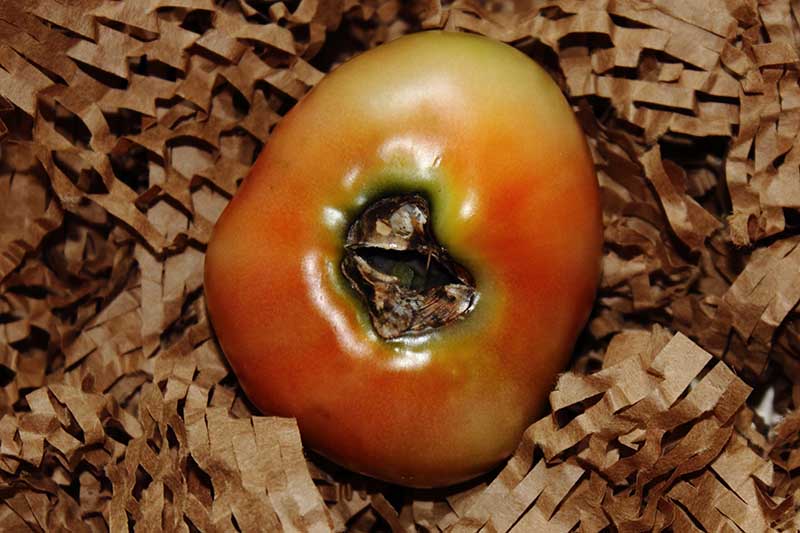
The main reason tomatoes turn black at the top is this: lack of calcium , a scarce nutrient in the soil. The absence or insufficient amount of this nutrient necessary for fruit formation is manifested by necrosis at the bottom of the fruit (more precisely at the top) and internal rot , which clearly makes the tomato inedible.
Therefore, having established this, we can rule out that the black color at the tip is not due to lack of water . At least not completely. We also need to make this more specific.
In order to grow healthy and strong, plants must absorb the calcium that is present in well-fertilized soil . The plant absorbs all nutrients through the roots , which in turn absorb them from the soil substrate , which contains calcium in addition to the various nutrients.
What happens if you water a tomato plant too much or too little? There are two consequences:
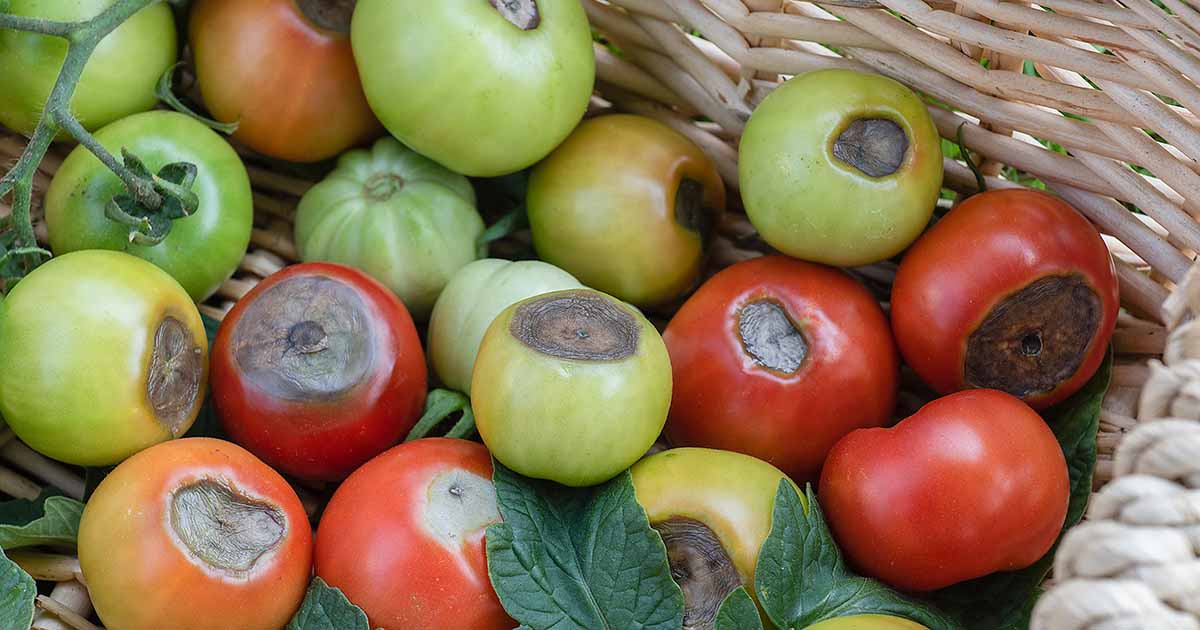
– If you water the plant too much, its roots will drown and will not be able to absorb essential nutrients such as calcium;
– If you don’t water the plant enough, the roots won’t grow and won’t be able to absorb the nutrients and therefore the calcium.
That is why it is more correct to say that tomatoes turn black at the top because they cannot absorb calcium properly , but also due to incorrect watering.
Is it possible to fix this? The answer is yes. In which way? By incorporating calcium into the soil. Integration can be done either by fertilizing the soil with food supplements that contain this nutrient vital to the plant, or by using natural ingredients .
Milk, for example, a drink rich in calcium , can help the plant absorb the right amount of this nutrient . Add 250 ml of milk to a liter of water and water the soil and leaves of the tomato plant.
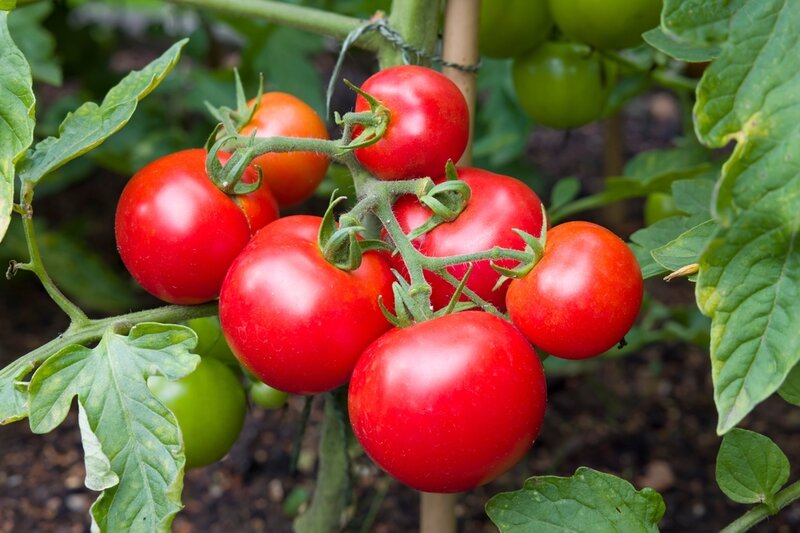
If you prefer, you can also use powdered milk. In this case, you will have to spread a generous amount of it on the substrate and then proceed to water the plant.
However, according to some studies , other causes could also be responsible for the so-called apical necrosis , namely the too sudden growth of the plant that has received excessive nitrogen supplementation or poor water drainage.
The solution to solve all these problems is therefore to provide the soil with natural calcium supplements, but above all to pay attention to irrigation: the so-called water stress must be avoided.




